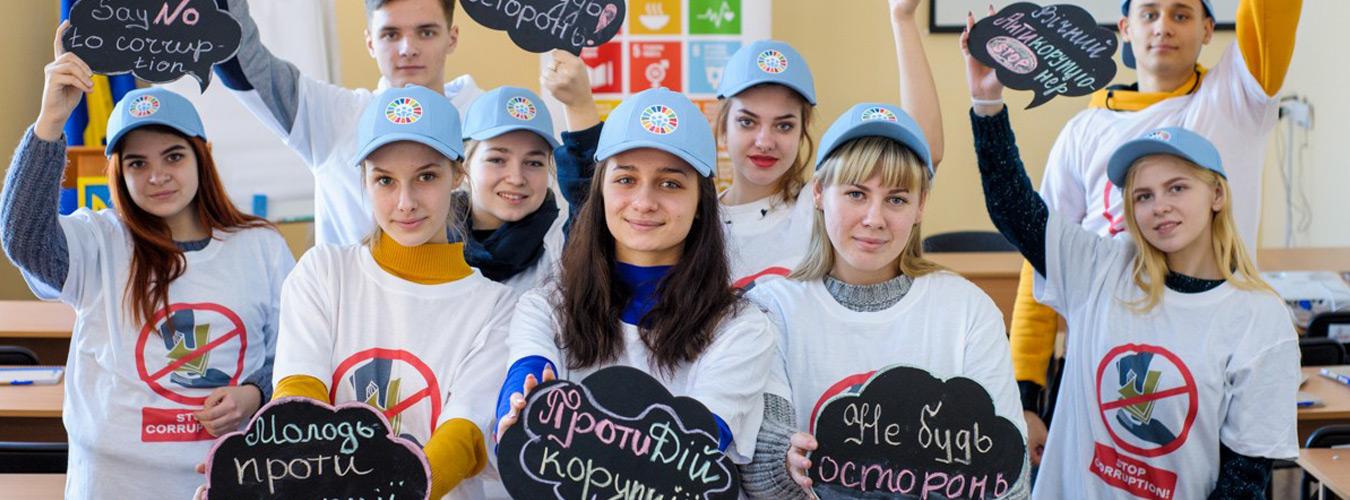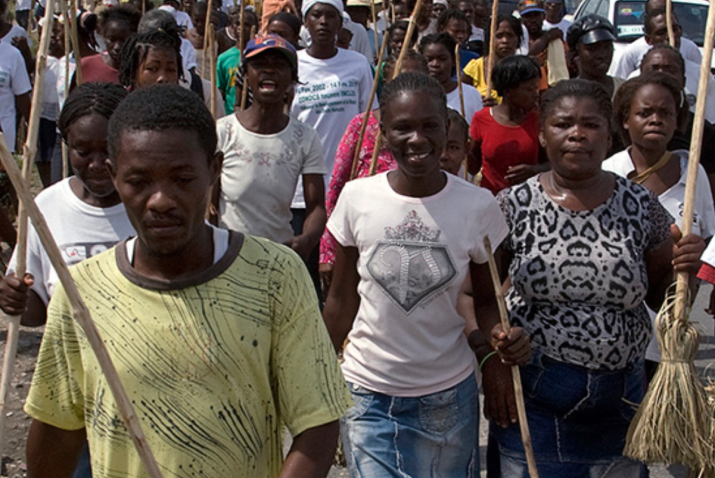The UN Convention against Corruption at 20: Uniting the World against Corruption
The world today faces some of its greatest challenges in many generations – challenges, which threaten prosperity and stability for people across the globe. The plague of corruption is intertwined in most of them.
Corruption has negative impacts on every aspect of society and is profoundly intertwined with conflict and instability, jeopardizing social and economic development and undermining democratic institutions and the rule of law.
Corruption not only follows conflict, but is also frequently one of its root causes. It fuels conflict and inhibits peace processes by undermining the rule of law, worsening poverty, facilitating the illicit use of resources, and providing financing for armed conflict.
Preventing corruption, promoting transparency, and strengthening institutions is crucial, if the targets foreseen in the Sustainable Development Goals are to be met.
The 2023 International Anti-Corruption Day (IACD) seeks to highlight the crucial link between anti-corruption and peace, security, and development. At its core is the notion that tackling this crime is the right and responsibility of everyone, and that only through cooperation and the involvement of each and every person and institution can we overcome the negative impact of this crime. States, government officials, civil servants, law enforcement officers, media representatives, the private sector, civil society, academia, the public and youth, alike, all have a role to play in uniting the world against corruption.
The 2023 IACD commemorates the twentieth anniversary of the UN Convention against Corruption (UNCAC). As we celebrate this milestone, we reflect on the positive changes brought about by the collective efforts driven by the Convention. Equally crucial is our examination of the remaining gaps that require attention to ensure that this mechanism continues to strengthen in the years ahead.
Background
Corruption is a complex social, political and economic phenomenon that affects all countries. Corruption undermines democratic institutions, slows economic development and contributes to governmental instability.
Corruption attacks the foundation of democratic institutions by distorting electoral processes, perverting the rule of law and creating bureaucratic quagmires, whose only reason for existing is the soliciting of bribes. Economic development is stunted, because foreign direct investment is discouraged and small businesses within the country often find it impossible to overcome the "start-up costs" required, because of corruption.
On 31 October 2003, the General Assembly adopted the United Nations Convention against Corruption and requested that the Secretary-General designate the United Nations Office on Drugs and Crime (UNODC) as the secretariat for the Convention’s Conference of States Parties (resolution 58/4). Since then, 190 parties have committed to the Convention’s anti-corruption obligations, showing near-universal recognition of the importance of good governance, accountability, and political commitment.
The Assembly also designated 9 December as International Anti-Corruption Day, to raise awareness of corruption and of the role of the Convention in combating and preventing it. The Convention entered into force in December 2005.
At its twentieth anniversary and beyond, this Convention and the values it promotes are more important than ever, which requires everyone to join efforts to tackle this crime. The United Nations Development Programme (UNDP), the United Nations Office on Drugs and Crime (UNODC), and the Secretariat for the Convention's Conference of the States Parties, are at the forefront of ensuring a world #UnitedAgainstCorruption.
Resources
UN Office on Drugs and Crime
- UNODC Anti-Corruption Campaign
- UNODC and Corruption
- Conference of the States Parties to the UN Convention against Corruption
- Thematic Programme on Action against Corruption, Economic Fraud and Identity-related Crime
Other UN Offices and Agencies
- Ethics Office
- Global Compact - Transparency and Anti-corruption
- Office of Internal Oversight Services
- Reform at the UN
- Economic Commission for Africa - Promoting and Monitoring Good Governance
- International Monetary Fund (IMF) and Good Governance
- United Nations Development Programme
World Bank Group
- Anti-corruption
- Anti-Money Laundering and Combating the Financing of Terrorism (AML/CFT)
- Stolen Asset Recovery Initiative (StAR) - World Bank/UNODC





